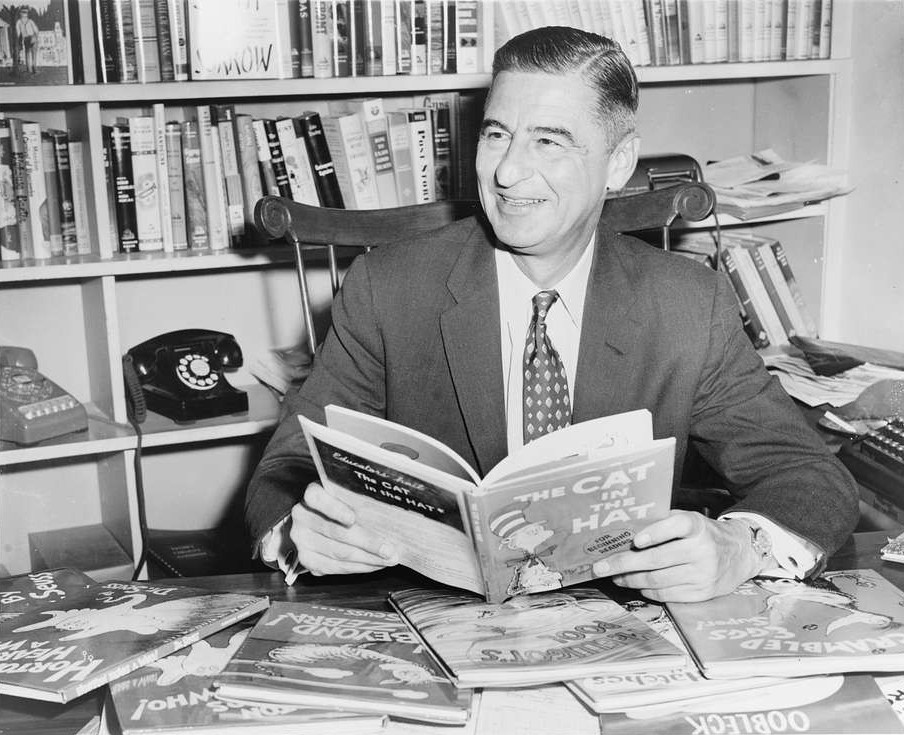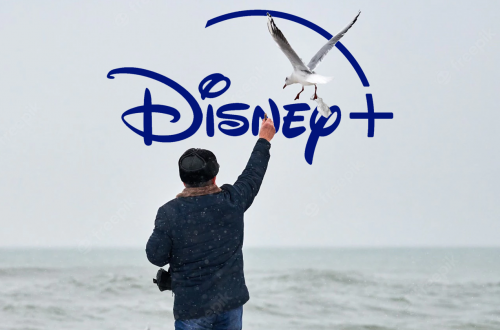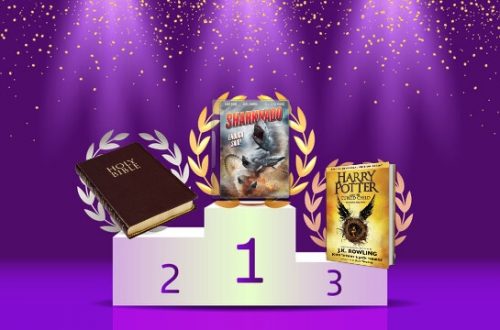
“Have You Heard of Dr. Seuss?” Asks Guy Who Just Found Out About Dr. Seuss
A-LEVEL–Third-year Roger Bowles was overheard on Wednesday asking someone, “Have you heard of Dr. Seuss?” despite by all appearances having only recently found out about Dr. Seuss himself.
Bowles posed the question amidst a discussion of mid-twentieth century American literature. Although the political science major was previously seen biting his fingernails and glancing uneasily at the exit as his peers discussed the works of Shirley Jackson and Arthur Miller, his face lit up when someone happened to mention Cat on a Hot Tin Roof, launching him into a breathless dissertation on Dr. Seuss’s The Cat in the Hat Comes Back.
“It’s funny you mention Tennessee Williams, because he was actually a contemporary of Seuss,” said Bowles with a slight chuckle. “Of course, I think you’ll find Seuss’s work was much more satirical in its focus.
“As a matter of fact, his primary audience was younger people–children, funnily enough–but his work is actually far more layered than you might think. For example, in the original The Cat in the Hat, there’s actually only one Cat in the Hat–which is trouble enough, frankly! But with the second one, The Cat in the Hat Part 2: The Cat in the Hat Comes Back, there’s actually a lot of other Cats in Hats–twenty-six, in total. You have to remember, he was writing during the Cold War, so all of the cats were a metaphor for Communism or, actually, perhaps Maoism. It’s been a while since I’ve read any of Mr. Tennessee’s work, but he may have been going for something similar with his novels.”
Undeterred by his companions’ blank expressions, Bowles continued: “You see something similar in Yertle the Turtle. If I recall correctly, the story actually has its origins in World War II. You see, during the war, Seuss had an experience with a turtle–or he saw a turtle–well, it’s a complicated story, but you should definitely check it out. A powerful statement on the war.”
Bowles, his eyes never far from the Wikipedia page on his phone under the table, also explained, “My favorite, of course, is Fox in Socks; the fox’s journey, it just… well, you’ll have to read it yourself. And that “How the Grinch Stole Christmas” is another one where, when you get to the ending, I mean, let’s just say it won’t be what you were expecting. At all.”
Asked to summarize why he found Dr. Seuss’s body of work so important, Bowles said, “Well, at the end of the day, Seuss–Doc, as I sometimes call him–just understood something really profound about the human condition, about America, really, and this society based on, you know, mass consumerism. Which reminds me, are you familiar with Eric Carle’s The Very Hungry Caterpillar?”
Griffin is co-editor-in-chief for this paper, and was born early in the morning.





